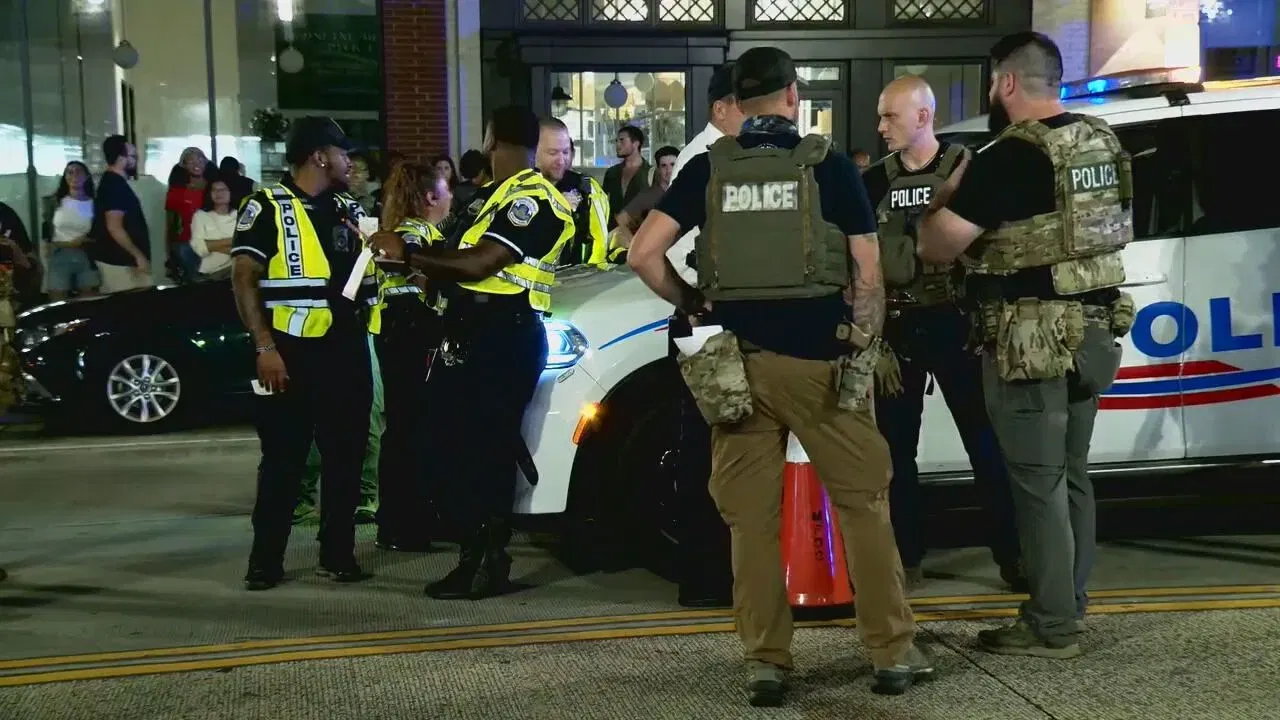WASHINGTON D.C. – FBI Director Kash Patel announced on Thursday that federal law enforcement agencies have made more than 1,200 arrests under an initiative launched by President Donald Trump aimed at combating a surge of violent crime in the nation’s capital. The operation, which has deployed federal agents from the FBI, DEA, and ATF alongside local police, is being hailed by the administration as a critical victory for public safety.
The announcement comes amid a national debate in the United States on policing, race, and justice, a conversation with significant resonance for global African communities observing patterns of state power.
Dubbed “Operation Legend”—named after four-year-old LeGend Taliferro, a Black child who was shot and killed in his sleep in Kansas City—the program was expanded to Washington D.C. and other major U.S. cities over the summer. Director Patel stated that the arrests include charges for serious offenses such as homicide, armed robbery, and large-scale narcotics trafficking, alongside unlawful gun possession.
“These are not low-level crimes,” Patel stated at a press conference. “These arrests are targeted actions aimed at removing violent offenders and their weapons from the streets of D.C., making communities safer for law-abiding citizens.”
A Contentious Strategy with Domestic and International Implications
The use of federal forces in American cities has proven deeply controversial. Supporters of the operation, often aligned with the Trump administration’s “law and order” platform, argue that a spike in violence requires a robust and immediate federal response to support overwhelmed local authorities.
However, civil rights organizations and some local leaders have raised alarms, drawing parallels to a heavy-handed policing model. They express concern that the tactics could lead to racial profiling, the over-policing of Black and minority neighborhoods, and a further erosion of trust between communities and law enforcement.
For a Pan-African audience, the development invites analysis through a familiar lens: the dynamics of state power and its application within marginalized communities. The spectacle of federal agents being deployed to a major city echoes long-standing debates across the globe about central government intervention, militarized policing, and the balance between security and civil liberties.
The conversation extends beyond U.S. borders, touching on universal questions about how governments choose to address crime and insecurity, and whom those strategies ultimately serve. The naming of the operation after a young Black victim also highlights the complex political use of Black pain in policy justification, a tactic not unique to the American context.
As the U.S. moves closer to its November presidential election, initiatives like Operation Legend are poised to remain a central and polarizing issue, framing a stark choice for voters between a platform of centralized security intervention and one focused on systemic reform and community-led solutions.
Tags:

Leave a Reply